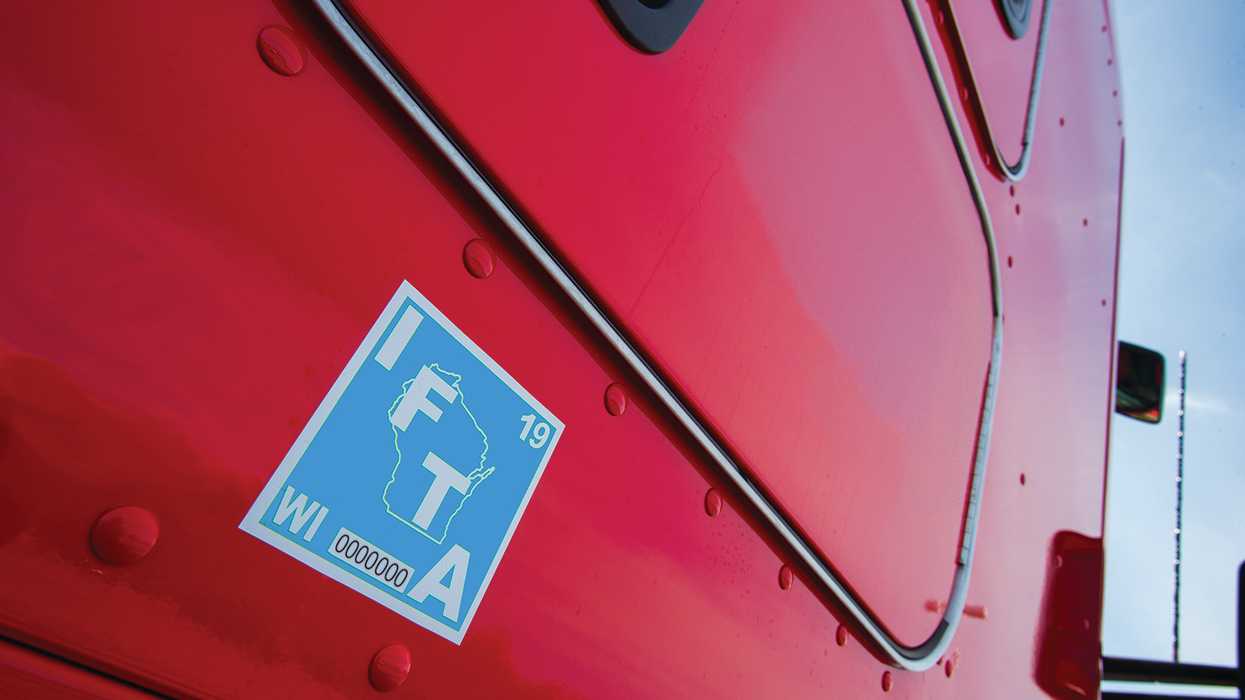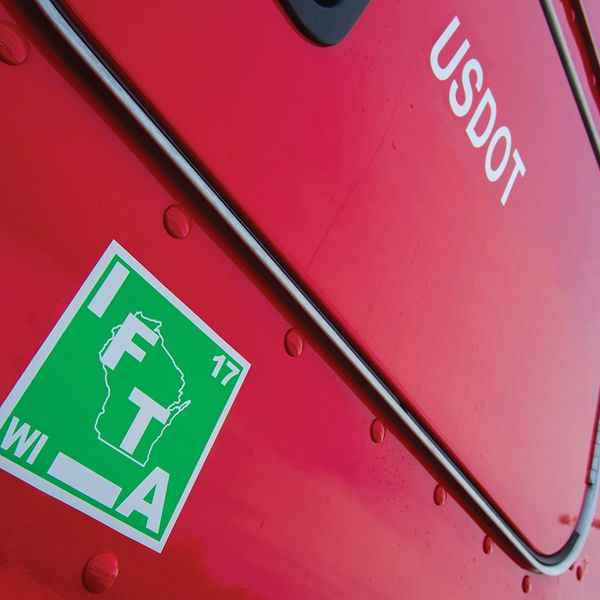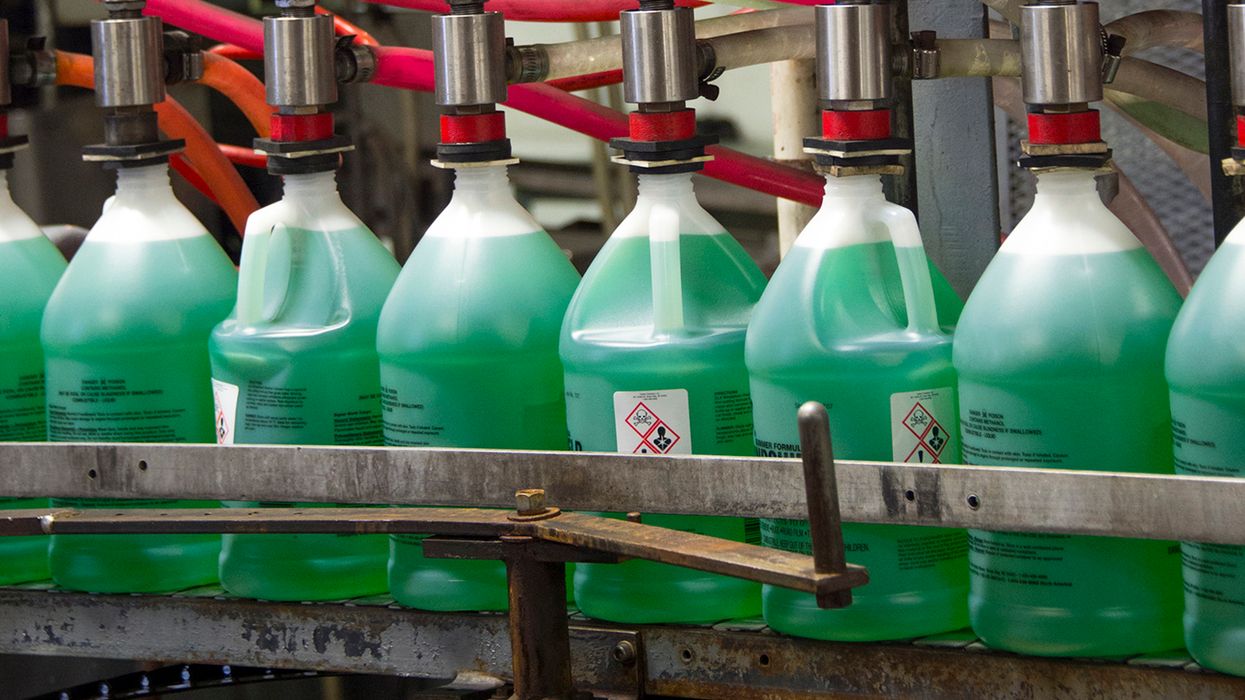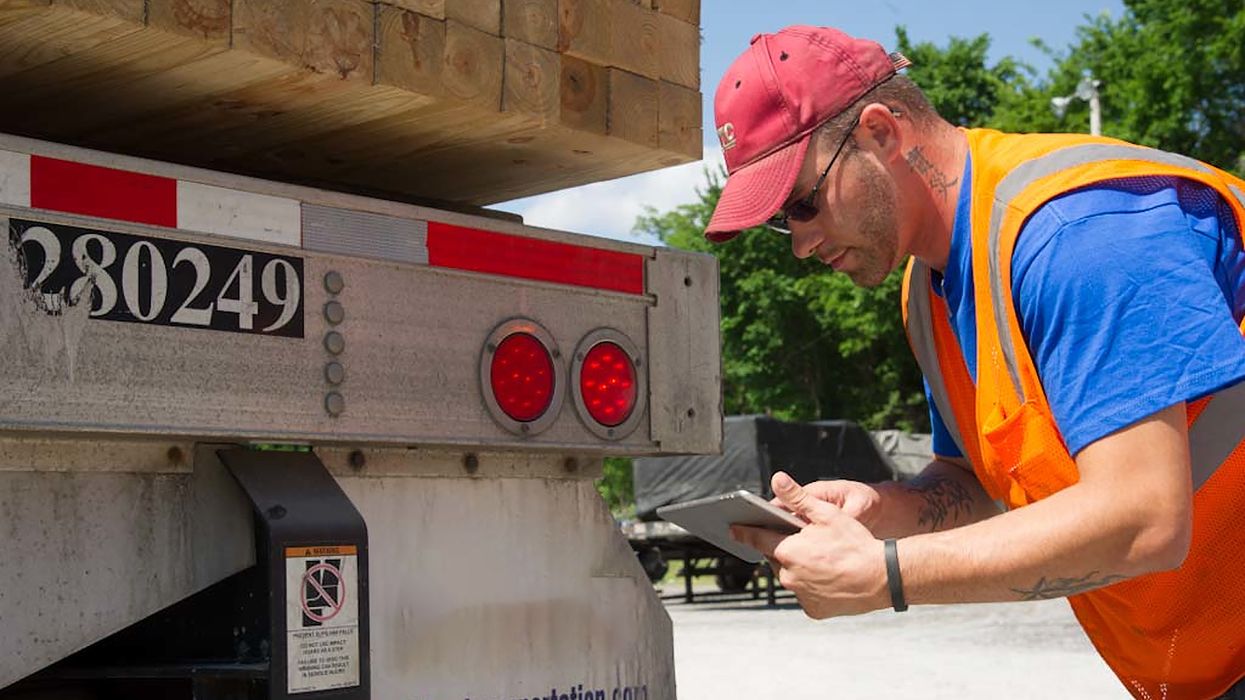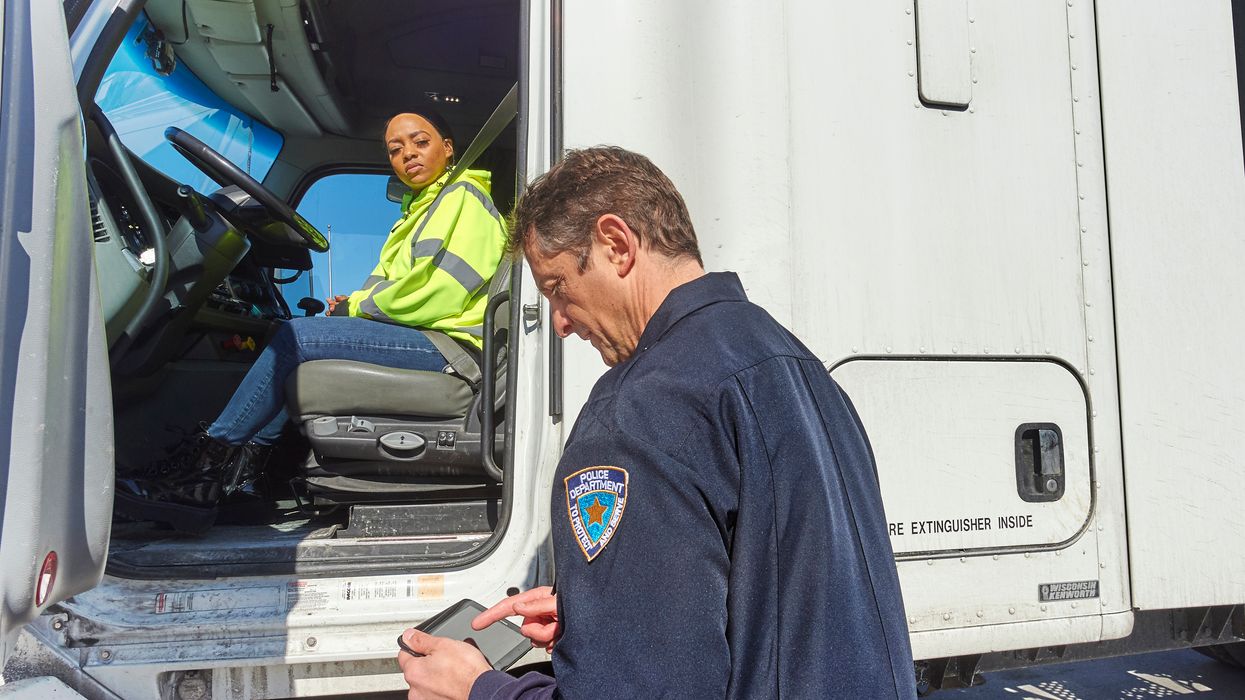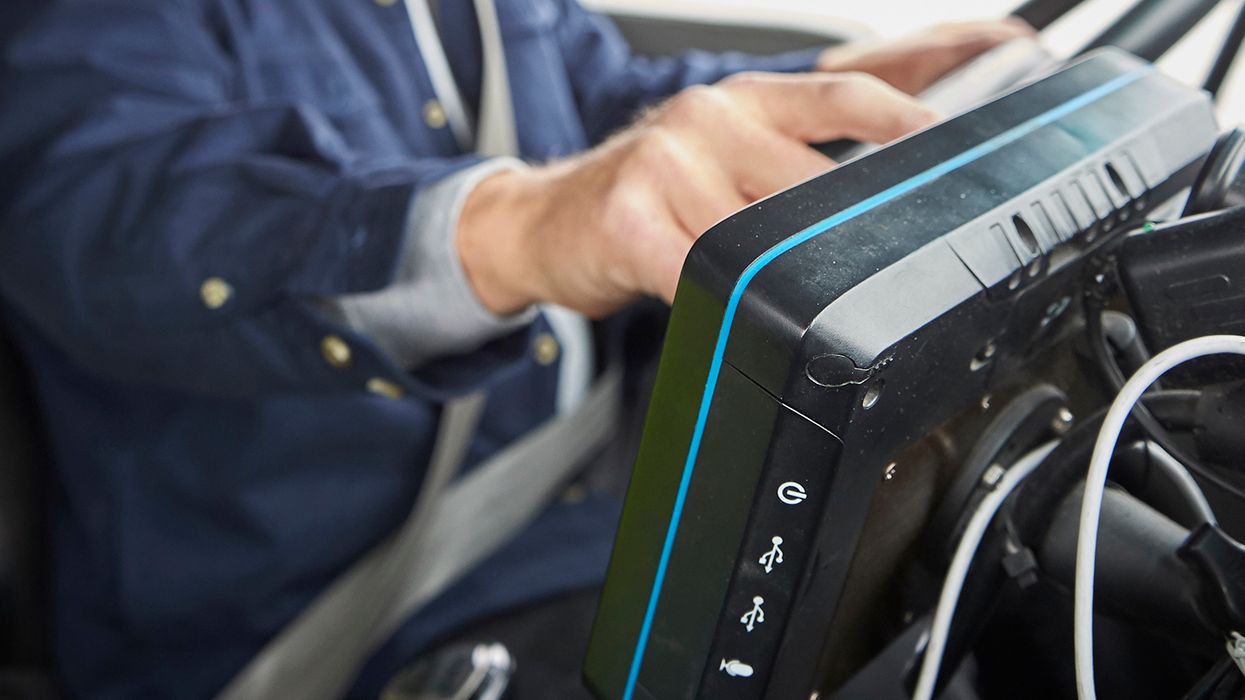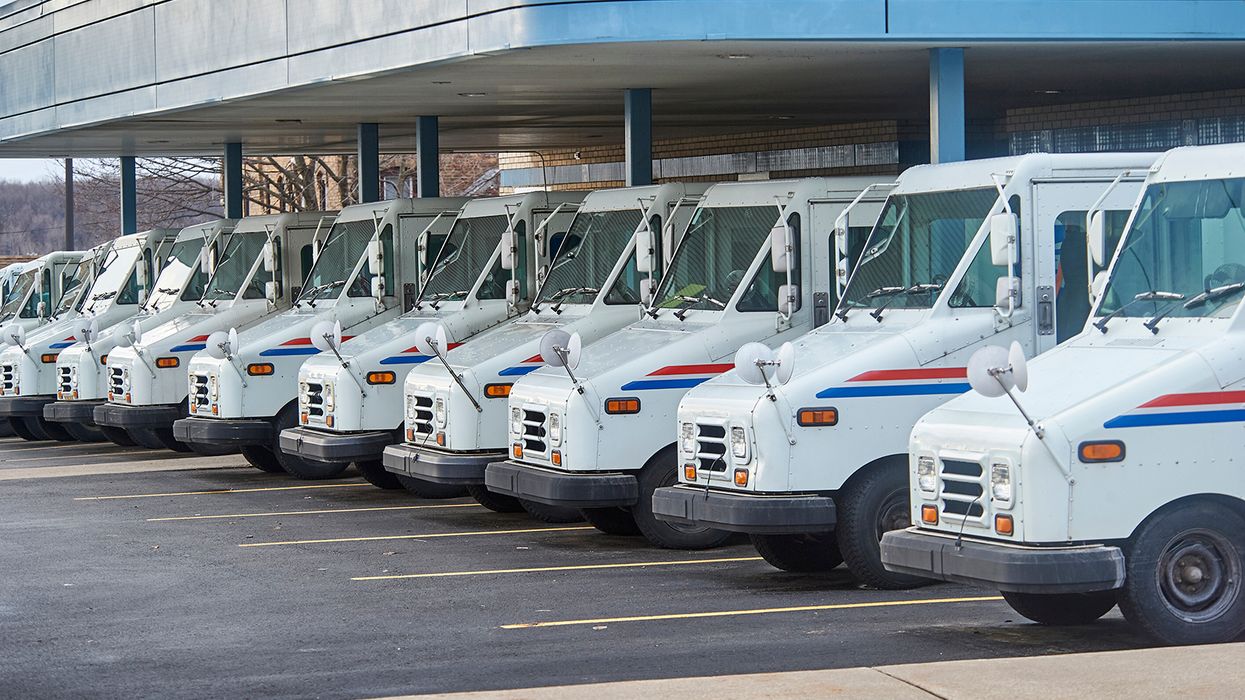You have options for vehicle registration and fuel taxes
Carriers that operate in more than one state often ask us whether it’s better to register their trucks under the International Fuel Tax Agreement (IFTA) and apportion under the International Registration Plan (IRP) or opt for temporary fuel and trip permits.
The main consideration is how often your trucks operate in other states. Once you know that, you can weigh the cost of purchasing temporary permits against the time and work that goes into the recordkeeping and reporting requirements of full participation in these programs.
Temporary permits not only help you avoid extensive recordkeeping, they also remove the possibility of an audit of IFTA and IRP records. However, it’s important to note that some states limit the number of permits you can use each year, so that needs to be part of your evaluation as well.
A simple rule of thumb is that five or more trips across state lines typically make apportioning plates under IRP and registering with IFTA the best option. Carriers that cross state lines fewer than five times in a year are probably better off using temporary permits to satisfy the requirements.
Ultimately, it’s a business choice you’ll need to make based on your company’s needs and available resources. Remember that we are here to help if you have questions, or if you’d like to hand off some of that work.
- IRP covers vehicle registration and license plates.
- IFTA handles fuel taxes and reporting.
Both programs allow interstate carriers to work with one state, instead of filing taxes and registering vehicles with every state where their trucks operate. The base state then shares revenues with states where the trucks travel, based on mileage records and fuel receipts.

